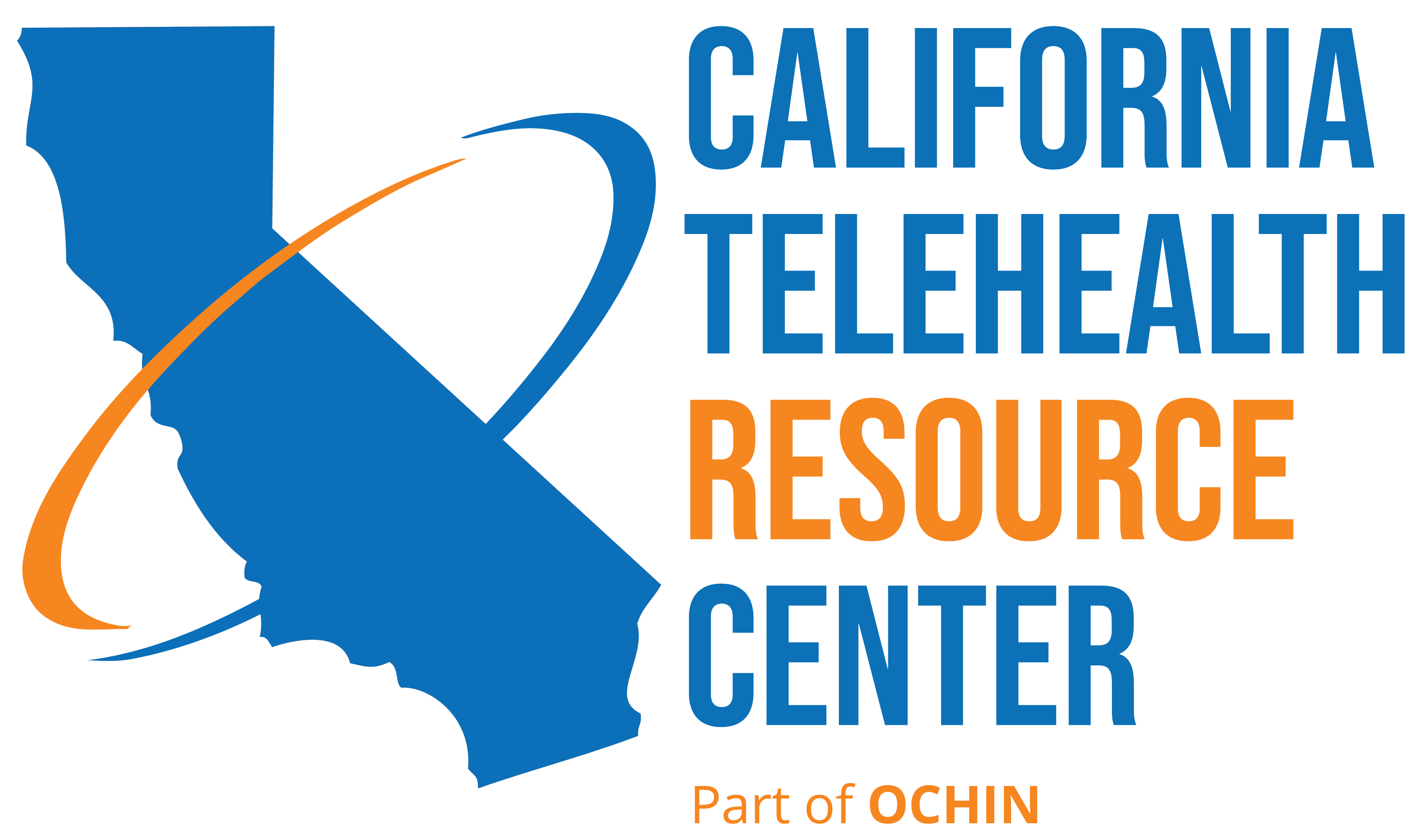DISCLAIMER: Advisory Board members offer subject matter expertise, strategic advice on CTRC, and perspectives of stakeholders. Representation on the advisory board does not constitute an endorsement of a member’s products, services, organizations, or companies by CTRC or any CTRC Funders.
In the rapidly evolving landscape of digital health, the California Telehealth Resource Center (CTRC) is committed to providing evidence-based recommendations, expert advice, and tools to support adoption that improves health outcomes and equitable access. Recognizing the value of input from key stakeholders and experts on digital health, CTRC has convened an advisory board comprised of leaders from across California and nationally to inform the educational content and materials that will help you on the digital health adoption journey. The advisory board will provide insights and recommendations related to Clinical Practice, Rural Opportunities and Challenges, Payment and Regulation, and Artificial Intelligence (AI). A common theme throughout this work that all have brought to the table: driving equity.
Uniting for a Healthier Tomorrow
The advisory board’s members are not just thought leaders; they are catalysts for change, offering strategic advice and sharing the perspectives of key stakeholder groups. Their involvement with CTRC, however, is a testament to their commitment to advancing equitable access to health care by leveraging digital health tools. Please take some time to meet our advisors. (This is a partial listing as we continue to onboard advisors.)
A Glimpse into the Collective Wisdom
Drawing from the insights shared by our advisors, we’ve distilled essential tips for both individuals and organizations navigating the ever-evolving digital health landscape. While there’s a consensus on the importance of patient-centric approaches, there is a range of views on implementation strategies that reflect the diverse experiences and expertise of our Advisory Board members.
For individuals, the emphasis is on empowerment and the efficient use of virtual modalities as a viable option for healthcare needs. For organizations, the focus shifts to strategic implementation, including thorough needs assessments, continuous improvement of services, and readiness for expansion based on financial operational capacity.
Here are some key takeaways:
- Align program goals with your clinic or practice’s objectives for patient care and sustainability.
- Ensure thorough preparation and training prior to implementation.
- Patient empowerment is key which entails streamlining and simplifying the interface with the virtual modality for the patient and for the care team.
- Understand the regulatory and payment environment before implementing a program to avoid costly surprises or disruptions to your program.
- Ensure you have a professional development plan for staff and educational content for patients.
- Sometimes, the simplest solutions are the most effective, and digital interventions should aim to reduce healthcare disparities.
- Identify the champions, including, at a minimum, one clinical champion.
- Account for technical assistance required on an ongoing basis.
- Consider accessibility and sustainable funding in the implementation of digital health technologies.
Join the Conversation
As we navigate the complexities of digital health, the insights from our advisory board serve as guiding lights. We invite you to delve deeper into these expert opinions, to question, to learn, and to grow with us. Together, we can shape a future where technology and healthcare converge to offer more equitable, efficient, and effective solutions for all.
Have digital health questions? Don’t hesitate to reach out to our team at CalTRC@ochin.org or fill out our contact form. To ensure you’re always in the loop with the latest in digital health innovation, subscribe to our newsletter and follow us on LinkedIn and X.








Leave a Comment